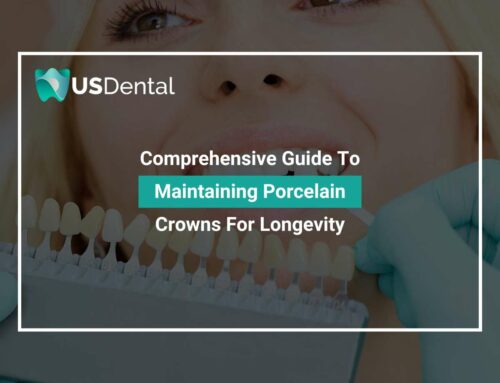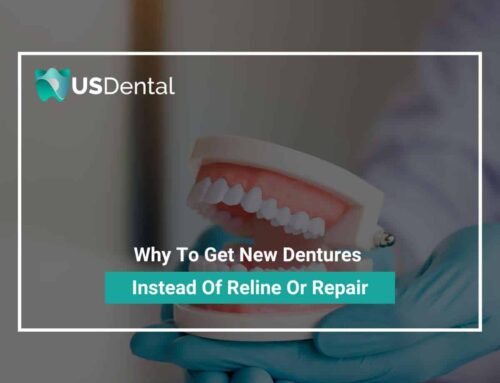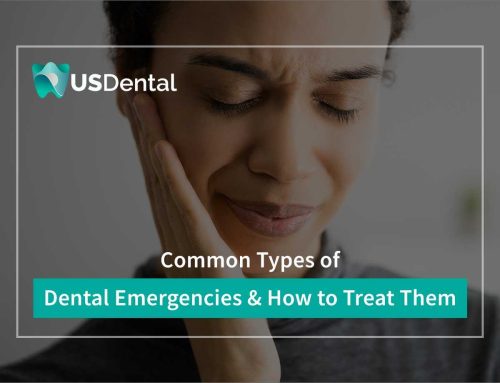
The subtle ones are adjusting how to speak and chew properly with this new addition in your mouth. It’s a process figuring out which side of the mouth to chew and how to hold the dentures in with your cheeks when talking.
On the other hand, you may encounter times when your dentures have various stages of looseness – from mildly shifting around in your mouth to falling out at the most inopportune times – like at dinner with your relatives.
This may happen early on – but it tends to occur gradually. Here’s why dentures loosen over time.
How It Happens
Your dentures do undergo a lot of wear and tear over time – they are situated in one of the most active areas of your body… your mouth. You use it to talk and chew over the course of each day. This is why, even with the best-case scenario of a lifespan of 10 years, they do not last as long as dental implants, which tend to have 20-year lifespans.
The main reason for getting dentures is to occupy the area space left by missing teeth. While those gaps are filled, which prevents things like drastic shifting of the remaining ones and hollowing of cheeks, that doesn’t mean that there are not changes going on. There’s a process called bone resorption where your gums shrink since there are no natural teeth in that spot for them to hold.
Your mouth is also changing if you had to have teeth removed – there’s a healing process going on that can also reshape how the dentures fit from the beginning of the process to when the final set comes in.
Signs
You may notice that there is a clicking noise when you’re talking. The dentures may noticeably move around your mouth – and even possibly consistently fall out. There may also be pain and discomfort that stays well beyond would could be considered an adjustment period from new dentures. Not doing anything can make matters significantly worse – including getting an infection that can also impact your overall health.
Prevention
Denture adhesive can be one way to ensure that they stay secure in your mouth.There are also implant-supported dentures that can stay secure. The implants depend on bone mass in the jaw, so not everyone is a candidate for that particular solution.
While cleaning your dentures is an important part of your daily ritual, overdoing it can be quite counterproductive – even possibly leading to gagging and mouth sores. Just stick to your usual routine of brushing and overnight soaking in a special solution.
One thing that you can do to help prevent bone resorption is something that you’ve done your whole life – use your jaw. Eat solid foods since this will aid gum health.
It’s important to keep seeing your dentist for regular check-ups. Getting dentures doesn’t mean you can forgo that, especially if they’ve partial dentures and you still have natural teeth. Pay doubly-close attention to your brushing routine with those teeth. Your dentist can also help keep gum recession from getting bad – if it does, that may mean new dentures.
While there can be some immediate shifts with the dentures that can demand a swift emergency visit, oftentimes the changes can be subtle and the dentist can spot it during a regular visit and then make the repair to prevent any possible cuts or infection.
When it comes to dentures, the staff at US Dental Medical are experts at diagnosing what is causing a specific issue and can swiftly fix the problem so that their patients can resume their lives with comfortable dentures. Have an issue with your dentures or are thinking of getting them? Call them at 614-252-3181.
Published By:
US Dental and Medical Care
949 E Livingston Ave,
Columbus, OH 43205
Phone: (614) 252-3181
Website: https://usdentalmedical.com






